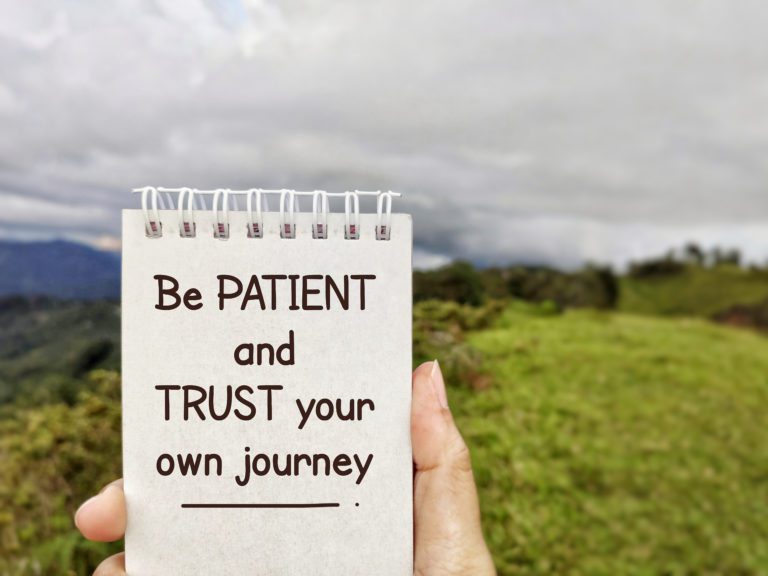THERE IS NO SHAME IN BEING LAID OFF!

I have checked the “unemployed” box a couple times in my life. It stinks. It can also be scary, stressful, and lonely. But there is no shame in it (and don’t let your shoulder devil convince you otherwise!) There is also no shame in scrimping to save a couple bucks or being extra frugal while working hard to make ends meet. In fact, I think proactively meeting life’s challenges is noble and admirable.
If you, or someone you know, has recently lost their job, here is a framework for money-related moves to make.
You shouldn’t try and do everything at once. With that in mind, I have arranged them by “weeks” in the order I think they should be prioritized.
By the end of Week 1:
-Start applying for new jobs: Do this the first hour! Getting a new job is the most important thing. Delay only long enough to plan for what you need in a job, but then start sending resumes and networking. (Added plus, you can change the conversation from “I got laid off” to “I already found 3 positions I am excited about.”)
-Make a new budget: If your income has changed, your expenses need to change with it. Take a hard look at where you are spending and ask yourself where cuts can be made. Streaming services, eating out, and home improvement projects are good places to start.
-Get your benefits in order: You may qualify for unemployment benefits. APPLY! You may need short term Health Insurance, GET IT! Your previous employer may still owe you for hours worked-REALLY GET IT!
By the end of Week 2:
-Have a family council: Kids can especially benefit from being included in this conversation. Discuss near and long-term spending habits. Talk about the plan, and the steps both individuals and family members can take to help. Emphasize that the family will get through this. By opening up the dialogue, you may also grow closer as a family unit.
-Talk to anyone you owe money to: This may include credit card companies, utilities providers, and mortgage lenders. Some groups have programs to help. Ask about these. They may be able to suspend payments, interest, or fees. Ask telephone, internet, and TV providers if they can switch you to a lower payment or reduced services plan.
-Avoid credit card debt: While you will need to spend from your savings, be very cautious about using credit cards to finance your life. It may seem like the only way, but too often accumulating debt creates a bigger problem. Family, friends, and community organizations can help you obtain the necessities of life (food, shelter, etc.), but rarely can they pay down your credit cards.
–Retirement accounts are for retirement: Raiding retirement accounts can be a tempting way to make ends meet. But if you are less than 59, there may be penalties for doing so. Additionally, many retirement accounts are protected in the event of bankruptcy. If you deplete these accounts to make ends meet, you risk losing this protection.
By the end of Week 4 (and beyond):
-Open a dialogue with those around you: Most people are willing to help if they can, but if they aren’t a hiring manager (or their company has been hit by layoffs too) they may not know what you need. Ask for help in different ways. Things like “can you write me a letter of recommendation?” or “do you have any contacts at company XYZ because there is a position I am interested in?” are concrete ways to get help, even if there isn’t an immediate opening.
-Enter the gig economy: Looking for a full-time position can take a lot of effort, but usually you can’t send resumes 12 hours a day for weeks on end! Ride share, online tutoring, or meal delivery offer a flexible schedule. A few hours a week may not seem like a lot of money, but it adds up. Perhaps more importantly, your body and mind are used to going out and working. Sitting at home waiting for job responses can erode your wellbeing. Getting out and working helps. If you don’t feel like doing gig work, consider volunteering. Animal shelters and food banks can be a great place to start.
-Stick to your new budget: After 1 month, you should be settled into your new budget. If you haven’t, get there quick! Find a way to live within your means. Even once you have gotten a job, keep these spending habits as you are rehabilitating
your financial circumstances.
Finding a new job takes lots of effort and lots of time. Be realistic. Don’t plan to have a job in 1 week. Think in terms of months, form a plan, and be proactive.
And remember! There is NO shame in losing your job. You are more than your occupation and you will get through this!

Get regular updates about what matters most.
Recent Posts
- Thriving in Today’s Economy: Stock Market Insights & Travel Adventures with Dean & Brock Bennion July 1, 2024
- Maximizing Your Business Value with Broker Taralee Muhli June 20, 2024
- Exploring Today’s Housing Market with Lillian Morrow May 29, 2024
- Kimball Creek Partners – 2024 Spring Rebalance May 23, 2024
- Unveiling Compliance: The Corporate Transparency Act Explained with Dan Matthews May 3, 2024
